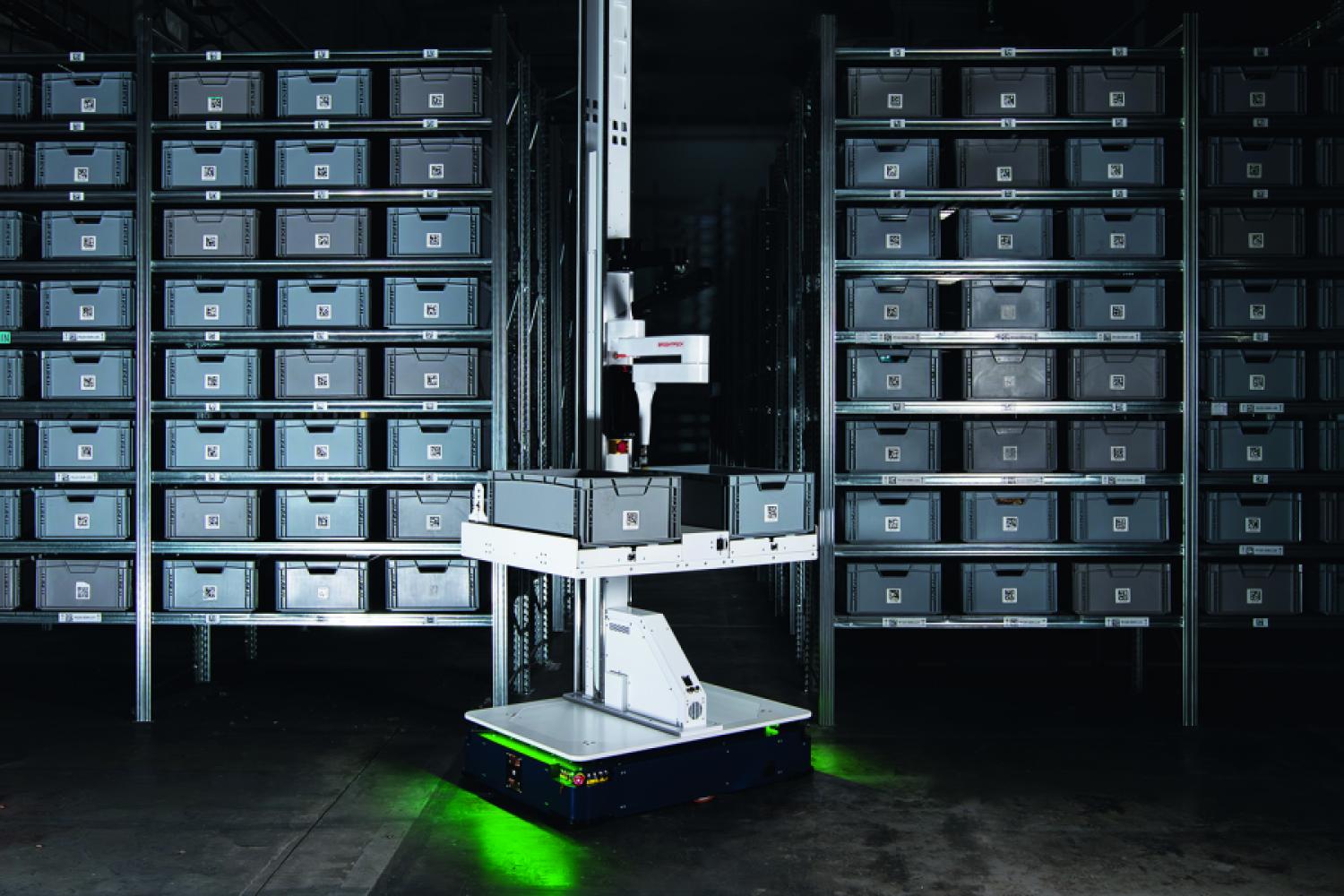Global uncertainties, regulatory requirements, and increasing expectations for sustainability challenge small and medium-sized enterprises (SMEs). The current "SME Purchasing Barometer 2025" concludes that businesses that rely on digital platform solutions and data-based supplier relationships secure competitive advantages.
Onventis GmbH, in collaboration with the German Association for Materials Management, Purchasing and Logistics (BME) and the ESB Business School, surveyed over 350 purchasing managers from the European SME sector, as reported in a press release dated June 4.
The cooperation partners cite the following as the most important findings:
- Nearly 90 percent of respondents
- see the ability to quickly integrate new suppliers as a crucial factor for business growth.
- 80 percent see their greatest need for digitalization in supplier management.
- Almost 50 percent rate their current procurement system as inadequate for effective risk management.
- For more than 80 percent of respondents, real-time collaboration with suppliers is a decisive factor.
- 78 percent view automation and AI as indispensable for increasing efficiency.
- 63 percent believe that the use of artificial intelligence (AI) contributes to improving collaboration with suppliers and promoting innovation.
- 66 percent of survey participants consider ESG
- criteria as an integral part of their future procurement strategy.
“The study shows that SMEs are still struggling with deficits in the use of digital technologies. While the majority of survey participants see AI solutions as critical to success, they are only hesitantly used to optimize their procurement processes. In view of growing geopolitical tensions and increasingly fragile supply chains, however, these instruments should be utilized more intensively to remain competitive internationally,” comments BME Managing Director Dr. Lars Kleeberg on the current study results.
Kleeberg further notes that AI-based analyses are the
key to early detection of risks in the supply chain, automation of procurement processes, real-time implementation of compliance requirements, and creating sound decision-making foundations.
Further results of the SME Purchasing Barometer: Only one in four companies currently uses a digital platform to collaborate with their suppliers—despite its high relevance for resilience and efficiency. Almost 60 percent of the survey participants see lack of time and personal resources as the biggest hurdle in digitalizing their supplier processes. Furthermore, more than 75 percent of companies have incurred significant additional costs due to disrupted supply






